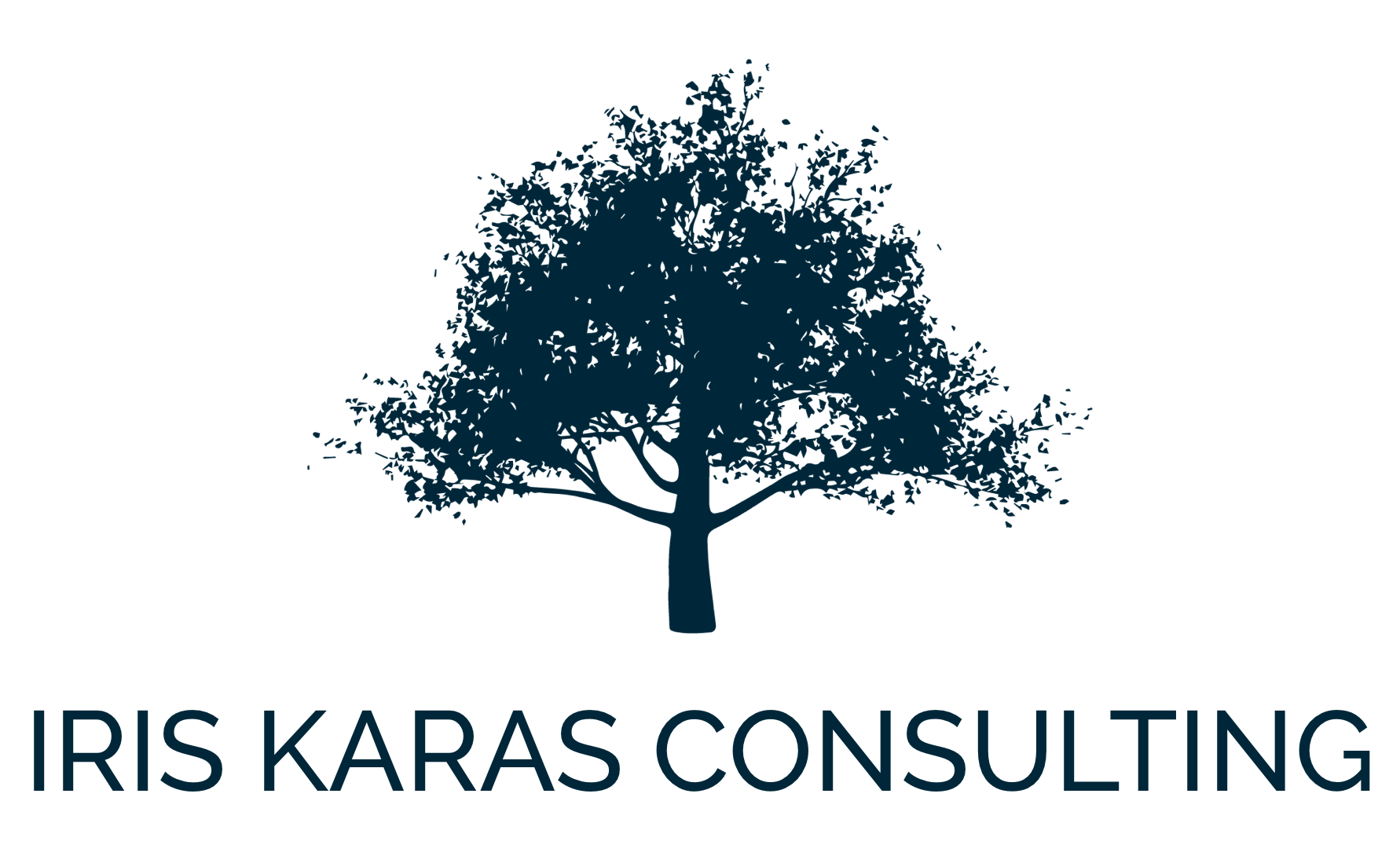Fear/Panic/Danger - Understanding your body's response and simple steps to stop It.
We are born hardwired to recognize and respond to danger. In response to sensory input, our brain produces certain responses that make quick acting behavior based on that information more likely. Once danger is sensed, stress hormones flood our system, giving the body a jolt of energy. It is not difficult to imagine any number of scenarios in which we need to react swiftly. Our survival might depend upon it.
But the brain also responds to perceived danger by secreting stress hormones. Our brain circuitry does not distinguish between real or interpreted danger, it simply responds to the message by activating the release of stress related hormones. What happens in those cases when the release of those stress hormones ends up making us feel even more anxious? And, more importantly, what can you do about it?
The response to stress encourages more stress, which in turn makes us feel stuck and panicky. There isn’t just one stress response. There are a range of responses to stress. For some, the stress response can get them fired up, perhaps quick to lash out or more likely to make to rash decisions, while others may find themselves being quieter, turning inward, and they may be more prone to avoid action. The first step is to recognize your response to stress. Once you’ve identified it, you can focus on breaking the cycle, so that you are neither limited nor incapacitated by it. There is one response to the stress/fear signal that will quickly halt the ongoing release of more stress hormones.
The answer is remarkably simple and readily available to one and all—a few slow and deliberate breaths will instantly break the cycle of feeling panicky in response to the release of stress hormones. It takes only a couple of slow breaths-pausing to inhale for as little as one second- can signal the brain that fear is no longer a pressing issue; and therefore, stress hormones are no longer required. Slow deliberate breathing quickly trumps the brain’s need to release stress hormones because it signals that danger is no longer imminent.
Here’s a method to quickly decrease stress:
Step 1: Visualize a camera following your breath. Follow it as it comes in your nose and as it falls down the back of your throat, finding your lungs and expanding them. Now, follow the breath as it moves up the back of your throat and out your open mouth.
Step 2: Repeat and this time try to envision your lungs expanding a bit more.
Step 3: Repeat a few more times.
Step 4: Aah, you made it. Now, that you stopped the release of stress hormones, you can begin to think more clearly.
Try to resist the urge to hold your breath, it is not necessary, the goal is to establish a natural rhythm. Think of the natural ebb and flow of a wave.
Yet another bonus to stopping the release of stress hormones is the effect it has upon our judgement. Without stress hormones in the mix, we can begin to think more clearly, more rationally—something we cannot accomplish when we are distracted by a racing heart or the urge to lash out or to avoid. Consider how breathing impacts the panic associated with these common scenarios.
Most of us have had the experience of running 5 or so minutes later than we intended. Imagine that just as you are reassuring yourself that 5 minutes won’t be the end of the world, you suddenly realize you can’t find your keys or your phone or your glasses. Instantly, panic is triggered, as you now know that 5 minutes will likely increase beyond your control. In response to the panic, the brain releases stress hormones. Panic rises exponentially and soon you have an adrenaline-fueled anxiety cloud engulfing you. What happens next? Usually, panic begets panic.
Consider how in just the right setting and tone, the phrase, “I’d like to have a word with you” can trigger an immediate feeling of dread. And, because we are momentarily filled with dread/fear, what quickly follows is often a mixture of heart palpitations and a rush of anxious thoughts. As our minds race over the possible reasons we might be in trouble, our stress responses indicate that those fear signals have been received-loud and clear. Maybe, in these circumstances, our faces instantly crimson and then we worry that we look guilty before any conversation has even begun. Those secondary concerns about our reactions are also interpreted and translated as stress. And, a steady flow of stress hormones once again flood our body.
It is only when we take a few seconds to slow down and breathe deliberately that things can begin to change. Because it is in those moments that the release of stress hormones abates and we can begin to think more clearly. It is then that we can collect ourselves and retrace our steps or consider and weigh possibilities in a rational way. That kind of logical thinking is not very likely to occur however during rising levels of panic.
With this method, not only will you feel less stressed and panicky, but you will also be able to experience the benefit of clearer thinking. As with most things, practice improves performance and practicing deliberate breathing for as few as 3-5 seconds can have a profound impact. What do you have to lose, except stress?
